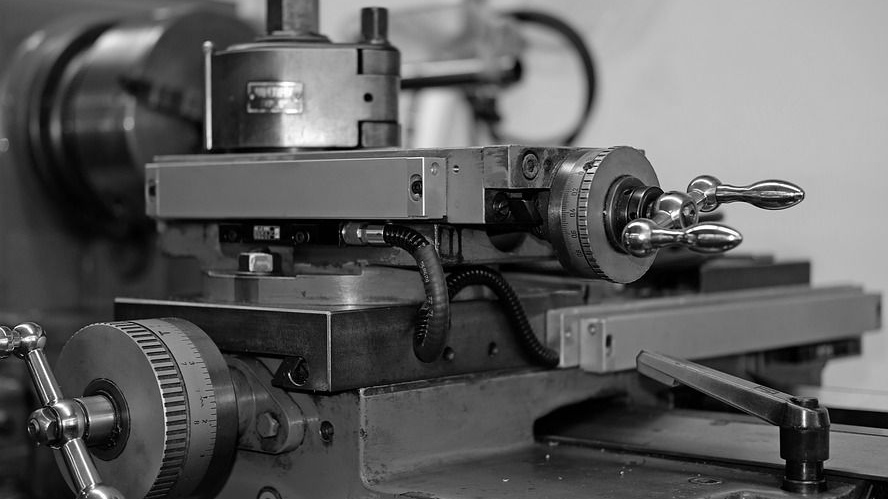
Core mechanical engineering orders in Japan fell 1.7% in January compared to the previous month, The Japan Times reported on March 18.
The drop was bigger than expected amid a weak manufacturing sector, prompting the government to downgrade its view on the measure for the first time in more than a year.
The latest data underscored concerns about the slow recovery of the world’s fourth-largest economy.
It came as the Bank of Japan begins its two-day monetary policy meeting, although data on capital goods orders is unlikely to have a significant impact on the central bank’s decision, economists said.
Core orders, a highly volatile data series considered a leading indicator of capital spending over the next six to nine months, fell 1.7% in January from the previous month.
The drop was bigger than the 1.0% drop expected by economists in a Reuters poll and followed a 1.9% rise in December.
Weak production amid weak demand for goods, production shutdowns at automakers and uncertainty over the impact of the New Year’s earthquake on the Noto Peninsula may have led manufacturers to defer capital investments, said Kota Suzuki, an economist at Daiwa Securities.
“The risk of a slowdown in future capital investment will be significant,” Suzuki said.
The government downgraded its view on machinery orders for the first time since November 2022, changing the wording from “stagnant” to “showing some weakness.”
The downward revision was made after taking into account three-month averages from October to December, a Cabinet Office spokesperson said.
On a year-over-year basis, core orders, which exclude volatile performance in shipping and energy, fell 10.9%, slightly less than the expected 11.2% drop.
By sector, manufacturers’ orders fell 13.2% in January compared to the previous month, led by chemicals and automotive.
It is unclear whether irregularities in certification tests conducted by Toyota Industries, a subsidiary of Toyota Motor, had any impact on the figure, a Cabinet official said.
Orders in the services sector increased by 6.5%.
Larger-than-expected wage increases by major Japanese companies have significantly increased the likelihood that the Bank of Japan will end its negative interest rate policy at its meeting ending Tuesday.
However, politicians and the government pointed out weaknesses in the economy.
Bank of Japan Governor Kazuo Ueda said last week that the economy was recovering but also showing some signs of weakness, slightly softening his assessment from January.
Japan’s economy avoided a technical recession late last year, revised government data showed, although fourth-quarter growth was weaker than expected.
Source: Rossa Primavera
I am Michael Melvin, an experienced news writer with a passion for uncovering stories and bringing them to the public. I have been working in the news industry for over five years now, and my work has been published on multiple websites. As an author at 24 News Reporters, I cover world section of current events stories that are both informative and captivating to read.
